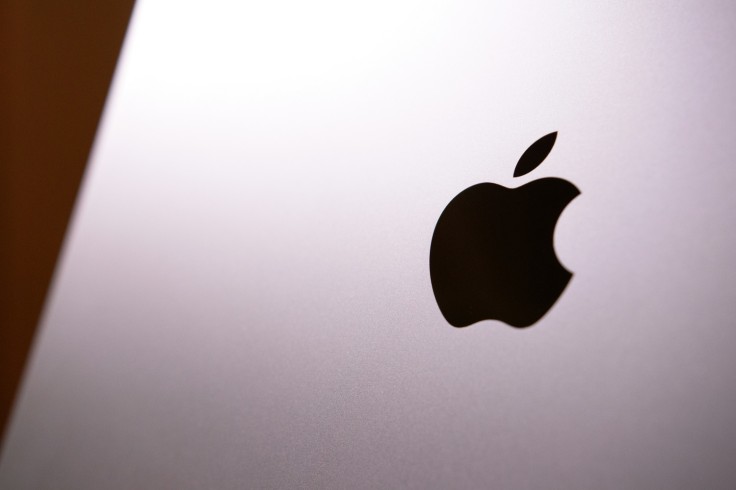
Apple has managed not to receive a large fine as well as an antitrust case in Europe by agreeing to provide equal access to iPhone's NFC technology for third-party mobile payment applications. This act comes in the wake of a probe conducted by the European Commission (EC) into alleged anti- competition by Apple through its mobile payment system known as Apple Pay.
The Investigation
In February 2022, the EC opened an investigation against Apple, the modern restriction of the NFC technology that Apple incorporated in its devices for its own payment application but not for competing payment apps. In such circumstances, the EC's preliminary view was that Apple was abusing its market power by preventing valid rivals from entering into the market.
Margrethe Vestager, who is in charge of competition affairs as the Executive Vice-President, stressed on the significance of this investigation saying, "This is about opening up competition in this key sector, by stopping Apple from shutting out other mobile wallets from the iPhone's environment. "
Apple's Commitments
To address the EC's concerns, Apple has committed to several key changes:
Access to NFC Chips: Apple will open the iPhone's NFC chip for third-party bank app, and other mobile wallet developers for Tap-to-Pay which was previously restricted for its own payment system Apple Pay.
Fair Access Procedure: In this case, the company will set a clear and rational, wide and non-discriminatory procedure and criteria for selecting developers to gain NFC access.
Default Payment App: People will be able to strip added privileges from a third-party app and use it as their default instead of Apple Pay.
Security Integration: Third-party mobile payments will also be protected with the iPhone's passcode, Touch ID or Face ID.
Monitoring and Dispute Resolution: To ensure the monitoring of the restrictions Apple will implement a monitoring system and develop a unique dispute resolution system so that there is an outside chance to review the decisions made by Apple.
These commitments that relate to the developers and users within the region of the European Economic Area (EEA) will be legally binding for a period of ten years. This commitment will be enforced by the EC through a trustee of its appointment from Apple.
Refinements and Market Testing
During the investigation, the EC tested Apple's initial proposals and, after some consultation, Apple made further adjustments. Notably, Apple eased the process for developers to prompt users to change their default payment app and removed the requirement for developers to have a Payment Service Provider (PSP) license or a binding agreement with a PSP to access NFC. Additionally, Apple shortened the deadlines for resolving disputes.
Thus, the EC decided that Apple's final commitments were comprehensive and adequate to remove the competition issues in this particular sector.
Potential Penalties for Non-Compliance
However, on the same note, Apple has promised to adhere to these commitments, and the EC can impose stern penalties in case the company fails to do so. The Commission can impose a fine of up to 10% of Apple's total yearly turnover or a daily penalty of 5% per day turnover amount if it failed to comply within a day.
Consumer Benefits and Market Impact
This is considered as a strategic move in regard to the encouragement of competition in the field of mobile payment services within the EU. Thus, if third-party apps can integrate with the NFC technology on iPhones, consumers will be presented with more options that equally protect them and are also unique and improved mobile wallets.
Vestager said: "As of now, competitors can powerfully compete with Apple Pay for mobile paying with the iPhone to shops. So consumers will have a wider range of safe and innovative mobile wallets to choose from."
Apple's concessions mark a pivotal change in the mobile payments landscape in Europe. The EC's decision to make these commitments legally binding ensures that competition in this sector is preserved, providing consumers with more choices and fostering innovation among mobile wallet developers.
Related Article: Apple And Google Introduce Seamless Photo Transfer Tool Between Google Photos And ICloud
© Copyright 2025 Mobile & Apps, All rights reserved. Do not reproduce without permission.


















